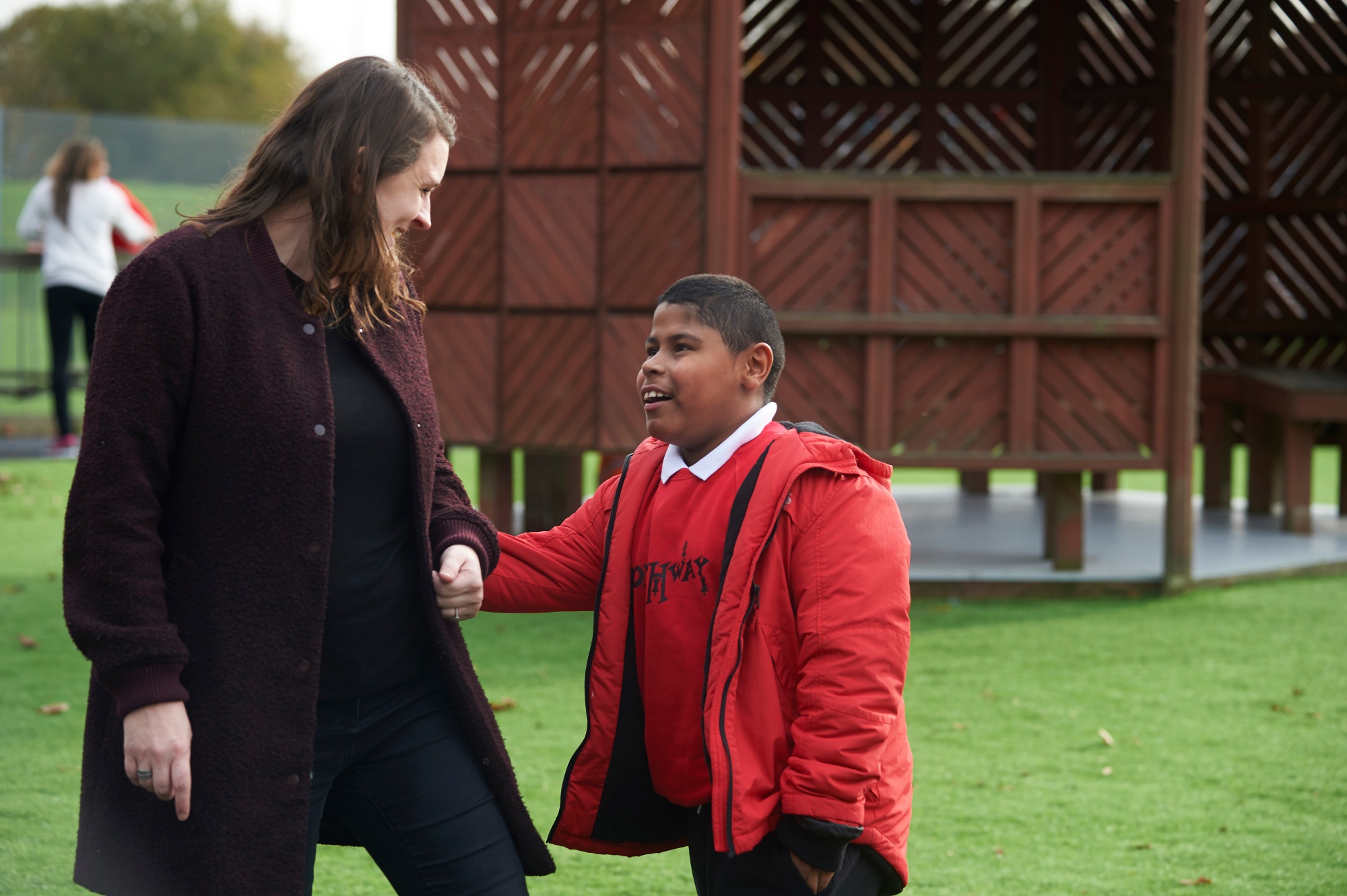PSHE
PSHE (Personal, Social, Health and Economic education), which also includes citizenship and sex education, is taught through cross-curricular means within the daily school routines, such as the register, toileting, snack time, playtime and so on, to all the children across the school.

Through our teaching we help children to have a better understanding of themselves, their relationships with others and learn that they should treat the world around them with care and respect. We encourage them to follow the schoolʼs golden rules and we give out leaves to the children who follow them to put on the tree of success in our weekly assembly.
Our golden rules include being kind and honest to each other and doing good listening, speaking, playing, sharing, helping and working.
We aim to help the children understand how to look after themselves, how to stay fit and healthy, how to relate positively and with compassion to others, how to build confidence and independence, how to be aware and connect with their emotions and feelings, how to care for themselves, other people, property, animals and the environment.
We also teach the children the importance of their role within different communities such as their family, their school, the local community and the wider world. We teach them how to be safe at home, at school and in the outside world. Through PSHE, we aim to develop the cultural understanding of children by learning to appreciate the wide range of cultures in and out of our school, develop their social understanding by using a range of social skills in different contexts, develop their moral understanding by becoming able to recognise the difference between right and wrong, and finally develop their spiritual side by feeling a sense of enjoyment and fascination in learning about themselves, others and the world around them.
EMOTIONAL REGULATION
One key area we work on with the pupils is their ability to regulate their emotions and cope with the world around them. We use the 'Zones of Regulation' as a method to teach the pupils to label how they feel and, more importantly, what to do when they are dysregulated.
